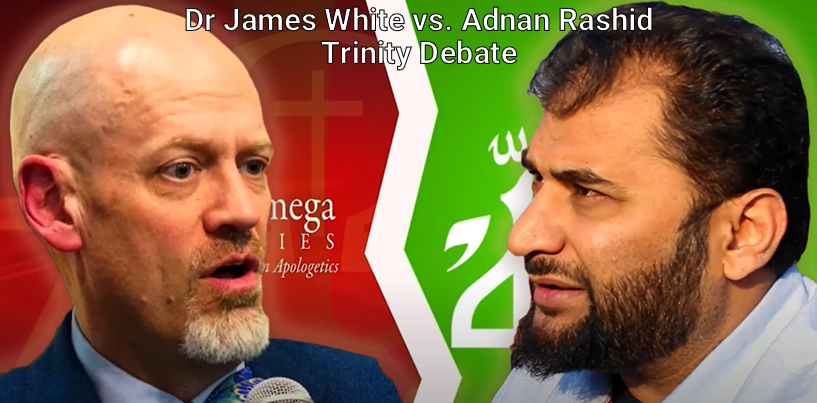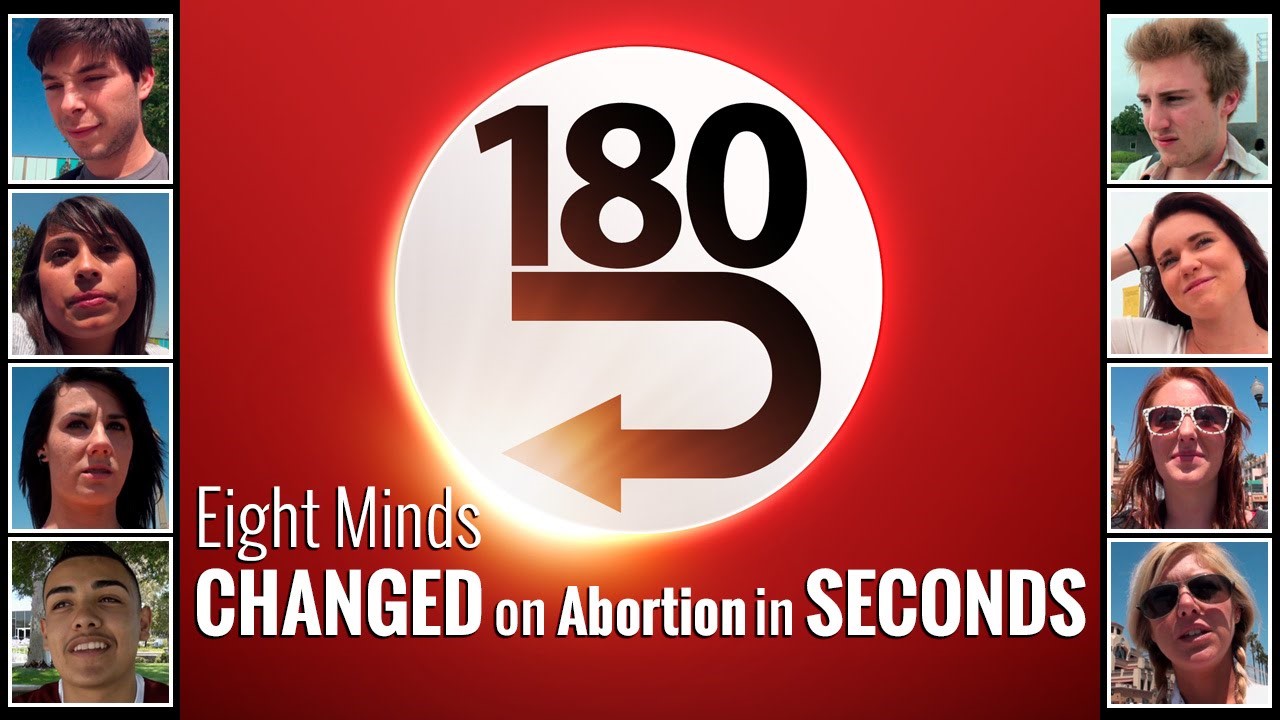Reflections on the Baptist Confession of Faith of 1689. 23 Aug 14 began a perhaps unbroken, orderly, and personal journey through my favorite written confession of faith. This will be my personal reflections on this beloved written codification of the Christian faith according to a Baptist flavor.
NEXT-
CHAPTER 2
Paragraph 3: “In this divine and infinite Being there are three subsistences, the Father, the Word or Son, and Holy Spirit…”
The doctrine of the Trinity is the main article of the church. Nothing else matters without it. It’s like the bottom button on a shirt. In the articles section of Biblecia.com I have a letter on this most blessed doctrine giving more detail. It is also the doctrine I love most. Jesus once said, “No one has seen God at any time. The only begotten Son, who is in the bosom of the Father, He has declared Him,” John 1:18. After the Holy Spirit purified my heart by faith (Acts 15:9) I, along with all the rest thus purified, received this promise: “Blessed are the pure in heart, for they shall see God,” Matthew 5:8. I long for this hope very much. Jesus said no one has ever seen God in the passage above, however, Jacob thought he’d seen God’s face (Genesis 32:30). 74 other people had lunch with God and Scripture says, “…they saw the God of Israel,” Exodus 24:10. Moses himself, mentioned in Scripture second only to the Creator himself, once asked the triune God, “Please, show me Your glory,” but God said, “You cannot see My face; for no man shall see Me, and live.” Exodus 33:18, 20. Moses saw him only from behind. Men have seen God in certain ways, but I believe that when Jesus speaks of God as having never been seen that it is a reference to the full, triune glory that’ll make a full panorama of the cosmos itself as boring as an interstate at midnight in winter. That is what no one has yet seen.
The Trinity is what we call “an essential doctrine.” If a person is not confessionally Trinitarian then their theology is to be immediately classified as heretical. There is simply no alternative when it comes to the doctrine of the Trinity that was revealed to us by Christ in the New Testament.
Jesus was submitted to someone “greater than” he himself was while he was on earth. For the purposes of his suffering, death and Resurrection he submitted himself to the will of the Father while among us. This modeled our relationship and dependence on God as well. He prayed to his Father. He appealed to his Father. The Father was his source, his guide and his strength.
We can approach the tri-unity in God through an understanding of bi-unity. Jesus’ statements on being fully God (equal with God the Father) are crystal clear in the Bible and abound far more than statements on the Deity of the Holy Spirit. We can see the Father and the Son clearly portrayed as fully Deity in the Bible in numerous ways. The Holy Spirit is shown as full Deity as well, but in less detail. When Jesus and the Apostles later speak to and of the Holy Spirit we then see tri-unity manifest.
There is community in the Trinity. There is fellowship between the members. He needed no one else for him to love. Admittedly, the concept of the Trinity is beyond man’s conception. It is not a mode of existence for God like me as a son, a soldier and a husband or something. He is not “at times” Father, then Son, then Spirit. He is all three in one at once and has been so forever. If God were to come to your home tonight he’d come as three persons or “subsistences” as listed here, not one.
In the New Testament there is a Father called God, a Son called God and a Holy Spirit called God. The same covenant also emphatically declares that there’s only one God. Therein is the doctrine of the Trinity. The doctrine arises from monotheism and stays true to Scripture throughout. God is three in one. He is holy, holy, holy.








Thank you ever so for you post.Really thank you! Keep writing.
I think this is a real great article post.Really looking forward to read more. Keep writing.
I truly appreciate this article post.Thanks Again. Awesome.
I appreciate you sharing this blog article. Really Great.
A big thank you for your article.Thanks Again. Really Great.
Very good blog post. Cool.
Thanks again for the blog article.Really thank you! Great.
Im grateful for the blog.
Im obliged for the article post.Really thank you! Keep writing.
Thank you ever so for you blog post. Will read on…
Muchos Gracias for your blog post.Thanks Again. Will read on…
I really liked your article post.Really looking forward to read more. Will read on…
Looking forward to reading more. Great blog.Really thank you! Fantastic.
Thanks again for the post.Really looking forward to read more. Want more.
Very good post.Much thanks again. Really Cool.
I truly appreciate this blog article. Cool.
Thanks again for the blog.Really looking forward to read more. Much obliged.
Thanks a lot for the blog article.Much thanks again. Will read on…
Awesome article. Want more.
Thanks for sharing, this is a fantastic article.Thanks Again. Keep writing.
Really appreciate you sharing this blog post.Really thank you! Much obliged.
Thank you ever so for you blog.Much thanks again. Really Cool.
Great, thanks for sharing this article post.Much thanks again. Much obliged.
Looking forward to reading more. Great blog post. Much obliged.
Im grateful for the article. Really Cool.
Wow, great post.Much thanks again. Really Cool.
Im obliged for the blog post.Really looking forward to read more. Will read on…
Im thankful for the blog article.Much thanks again. Want more.
I value the blog.Really thank you! Want more.
Great, thanks for sharing this article. Great.
I really like and appreciate your article.Really looking forward to read more. Will read on…
Really informative blog article.Thanks Again. Much obliged.
I found this website called that might fit what you’re looking for Sex 11
A round of applause for your blog article.Thanks Again. Keep writing.
Very neat blog post.Really looking forward to read more. Much obliged.
I value the article post.Really looking forward to read more. Fantastic.
I really like and appreciate your article post.Thanks Again. Awesome.
Great, thanks for sharing this blog post. Cool.
I value the article post.Much thanks again. Keep writing.
I really liked your blog article.Thanks Again. Fantastic.
Appreciate you sharing, great article post.Much thanks again. Will read on…
Really enjoyed this blog article.Much thanks again. Will read on…
Muchos Gracias for your blog.Thanks Again. Want more.
Muchos Gracias for your article post. Will read on…
Looking forward to reading more. Great blog.Really thank you! Awesome.
Muchos Gracias for your blog.Thanks Again. Awesome.
Enjoyed every bit of your article.Really looking forward to read more. Cool.
Very good blog post.Much thanks again. Fantastic.
Muchos Gracias for your post.Really thank you! Really Great.
Thanks for sharing, this is a fantastic article.Thanks Again. Keep writing.
I value the article post.Much thanks again. Awesome.
Very neat article.Much thanks again. Fantastic.
Say, you got a nice article post.Thanks Again. Want more.
Hey, thanks for the article post.Really looking forward to read more. Great.
Very good blog post. Awesome.
Appreciate you sharing, great blog article. Great.
A big thank you for your blog article.Really thank you! Want more.
Thanks again for the blog article.Thanks Again.
Thank you ever so for you blog post. Great.
Thanks-a-mundo for the blog.Thanks Again. Awesome.
Great blog post.Really looking forward to read more. Fantastic.
Very good blog article.Much thanks again. Keep writing.
Appreciate you sharing, great article post.Much thanks again. Want more.
Great, thanks for sharing this blog.Really looking forward to read more. Want more.
Thanks so much for the post. Much obliged.
Major thankies for the blog. Cool.
Thanks so much for the article. Great.
Major thankies for the blog post.Much thanks again. Great.
I value the blog article. Much obliged.
Really informative article post. Cool.
Thank you for your blog post.Thanks Again. Awesome.
Thank you for your blog article.Really thank you! Fantastic.
Great article.Thanks Again. Great.
I think this is a real great post.Thanks Again. Want more.
Thank you ever so for you article.Thanks Again. Great.
I really liked your article.Thanks Again. Much obliged.
Thank you for your blog.Really looking forward to read more. Will read on…
Thank you ever so for you blog post.Thanks Again. Cool.
I cannot thank you enough for the post.Really looking forward to read more.
I am so grateful for your article post.Really thank you! Will read on…
I am so grateful for your blog post.Much thanks again.
Thanks so much for the post.Much thanks again. Really Cool.
I loved your article post.Really looking forward to read more. Really Cool.
Appreciate you sharing, great blog post.Really thank you! Great.
Thanks again for the article post.Much thanks again. Really Great.
I really liked your article post. Really Great.
Thanks-a-mundo for the blog. Cool.
Thanks again for the blog post.Really thank you! Really Great.